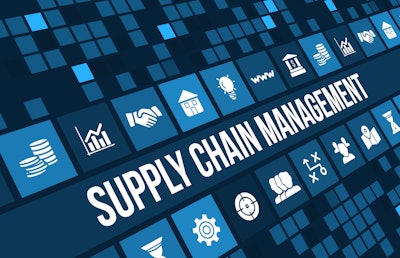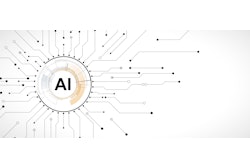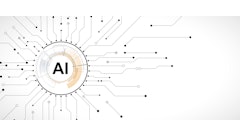
While 99% of executives view the supply chain as critical to business success, 73% expect their supply chains to be more reliant on AI, and 70% anticipate cybersecurity threats to disrupt operations by 2030, according to a survey commissioned by DHL Supply Chain.
The new survey, Insight 2030: Opportunities and Challenges for the Supply Chain of the Future, shows that supply chain leaders are expecting a range of disruptive forces through 2030. As a result, a strong majority of respondents expect to become more dependent on established and emerging technologies in the next five years.
“Since 2020, supply chains have been in a period of transformation. While supply chain leaders may be hoping for a period of stability in the coming years, the research presented in this report indicates the pace of change may actually be accelerating,” says Mark Kunar, CEO of DHL Supply Chain North America. “While advanced systems and increased automation have become essential in managing the modern supply chain, these technologies also bring their own set of concerns, as well as implementation and management challenges.”
Key takeaways:
- 73% of participants expect their supply chains to become more reliant on AI in the next five years. 68% cited increased dependence on robotics to perform routine tasks, and 63% of respondents see an increased focus on the ability to orchestrate supply chain resources to reduce costs.
- Less than half of participants (44%) have deployed warehouse robotics. In addition, only 34% of VP- and director-level executives were fully satisfied with their use of the technology.
- Rapid technology evolution also emerged as a key concern with about half of participants pointing to “inadequate technological solutions” (49%) and “outdated systems” (47%), even though nine of ten were using management systems installed or upgraded in the last five years.
- 70% of survey participants anticipate cybersecurity threats will impact their networks through 2030. Other disruptive forces include higher labor costs (69%), labor shortages (66%), natural disasters (63%) and international tensions (62%).




















